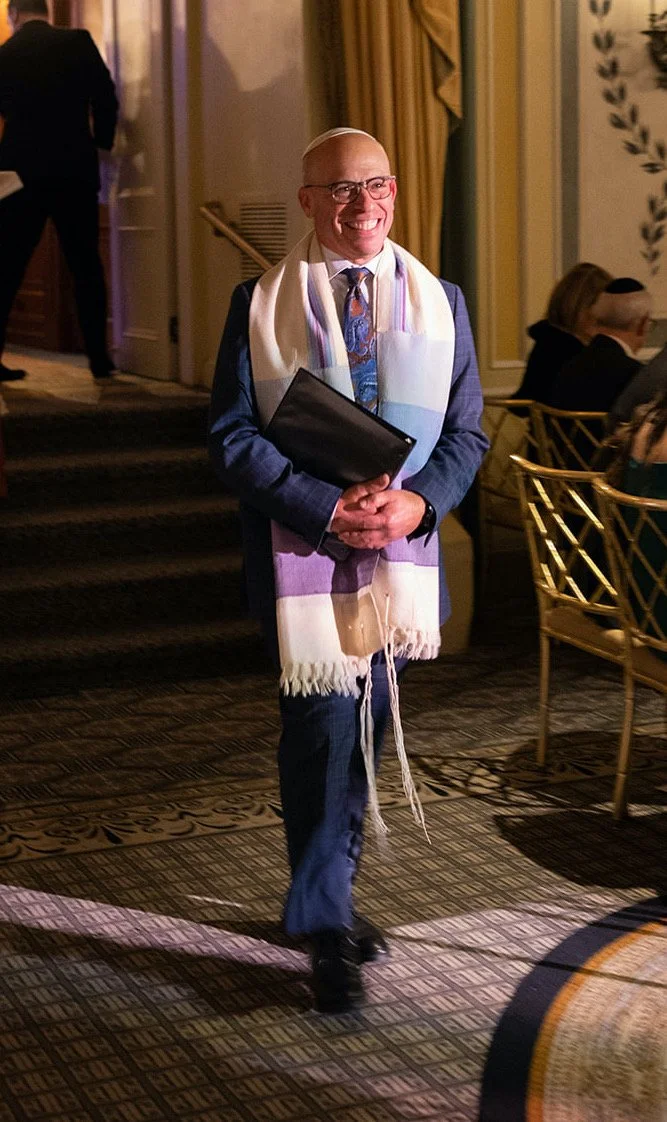Read my most recent post
Welcome
I am Rabbi Steven Moskowitz, the rabbi of Congregation L'Dor V'Dor, located on Long Island's North Shore but reaching beyond. My congregation's services, classes and programs meet at our home, 11 Temple Lane in Oyster Bay. I have been a rabbi since 1991, beginning my career at Manhattan's 92nd Street Y. I am married to Rabbi Susie Moskowitz (Senior Rabbi of Temple Beth Torah in Melville) and the father of two adult children, Shira and Ari. Every Summer I travel to Jerusalem to learn at the Shalom Hartman Institute where I serve as a Senior Rabbinic Fellow. I am also an avid triathlete.

We can only provide words of healing if we know what ails others! There is no way of making our way through sickness and disease without the care and concern of others. We must loudly declare, “This is no time to try to go it alone!”